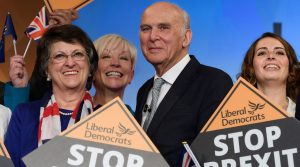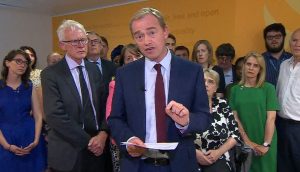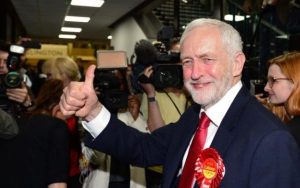A piece by Otto English in the Byline Times in March made the point rather well:
“In 1931, eleven years after jailing Charles Ponzi for defrauding millions of dollars from ordinary people, the state of Massachusetts set about reimbursing his victims. In order to be compensated, all investors had to do was hand over proof of assets, for which they would be repaid 30 cents on the dollar. This meant a substantial loss for some but the alternative — was nothing. The state advertised the scheme widely and waited for injured parties to come forward.
But very few did.
Some were simply too embarrassed. Many more were determined to hold out, believing that somehow – despite facing multiple counts of larceny — Ponzi would come good on his promises.”

People were offered something that was too good to be true — and were reluctant to give up on the hope they had brought into.
The parallels with Brexit are stark — a raft of promises which also turned out to be “too good to be true” fired people’s hopes. As with Ponzi, it is hard for people to admit that those hopes were false.



